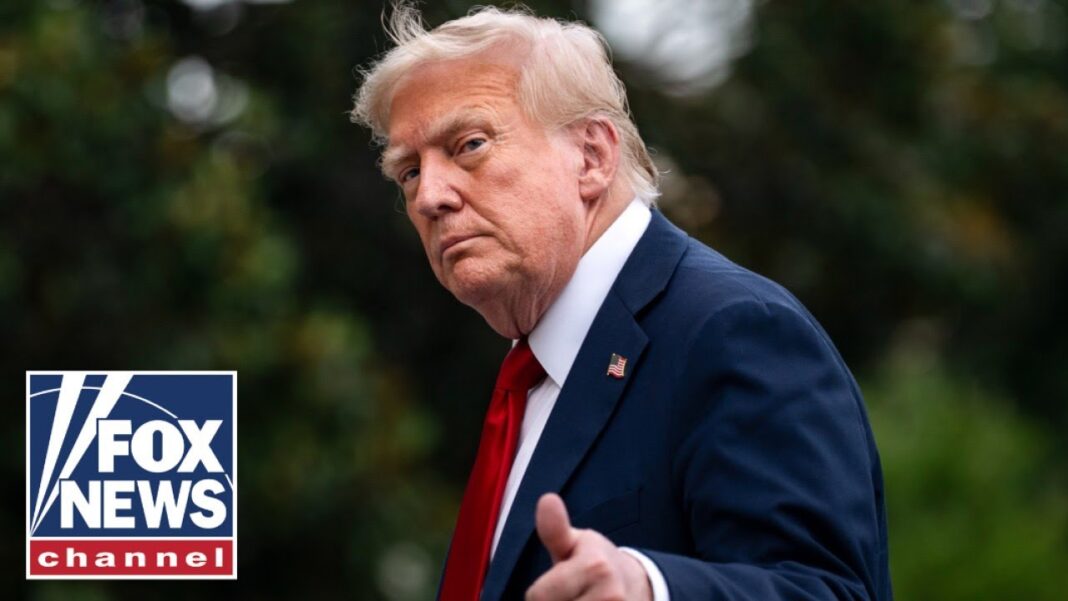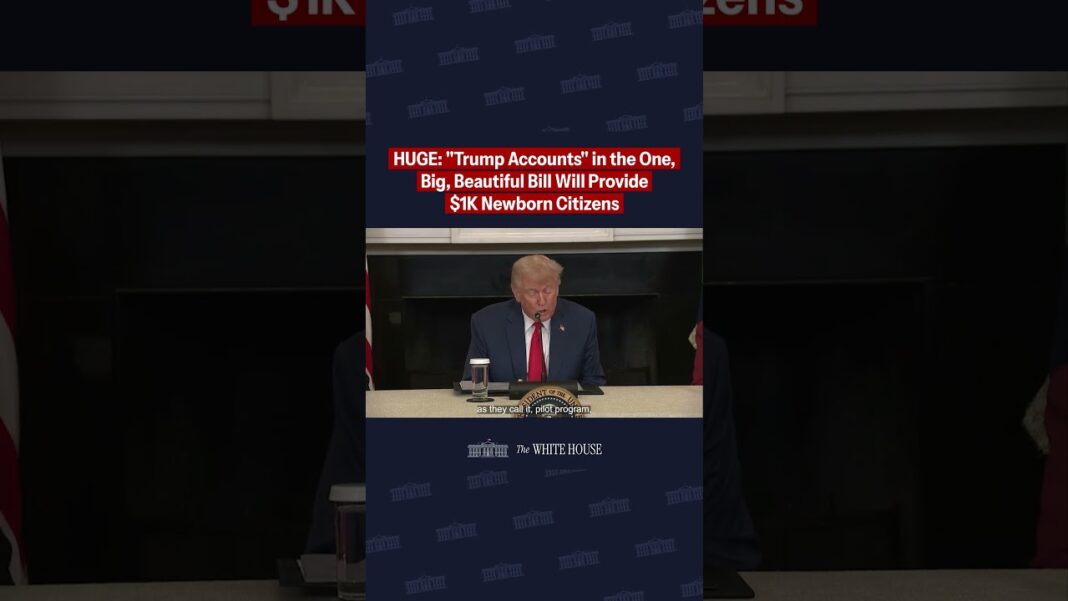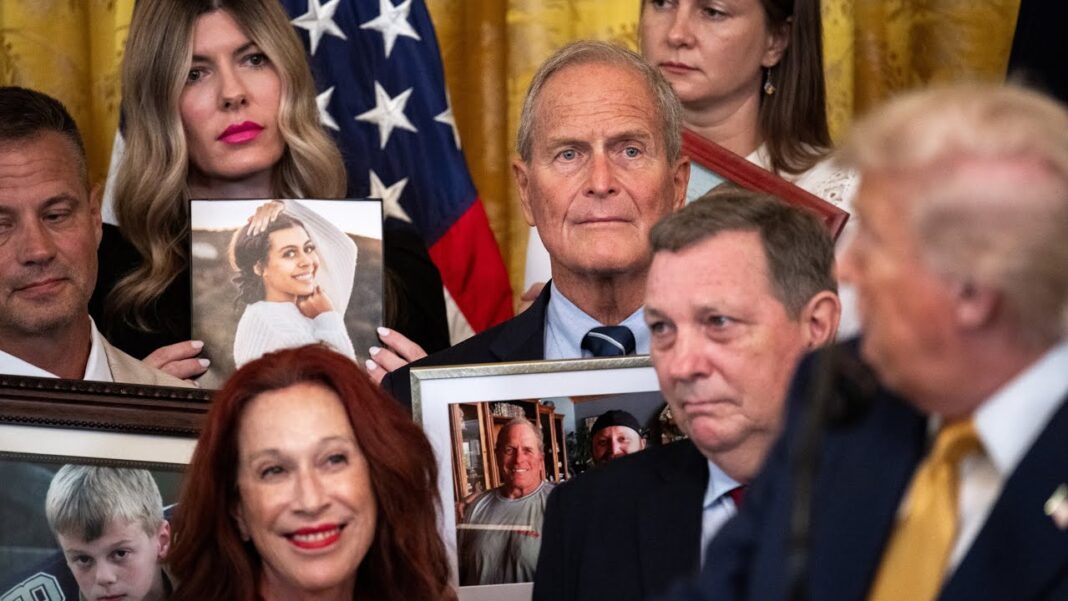The measure passed in a 51–48 vote, with two Republicans crossing the aisle.
The U.S. Senate on July 16 voted to pass $9 billion in spending cuts requested by President Donald Trump, including cuts to National Public Radio (NPR) and the Public Broadcasting Service (PBS).
The measure passed in a 51–48 vote. Two Republicans, Sens. Susan Collins (R-Maine) and Lisa Murkowski (R-Alaska), voted against the bill. Although having voted against the bill in an earlier procedural vote, Sen. Mitch McConnell (R-Ky.) decided to back the bill. Sen. Tina Smith (D-Minn.) missed the vote due to being in hospital.
The early morning passage of the bill came after a long voting series with a flurry of amendments from Democratic lawmakers.
The passage of the spending cuts, called rescissions, marks a major political win for Trump and Senate Majority Leader John Thune (R-S.D.).
Speaking after the vote, Thune said of the rescissions bill, “It’s a small but important step toward fiscal sanity that we all should be able to agree is long overdue.”
Moments earlier, he said of what could become the first rescissions passed by Congress in 35 years, “Our country is 36 trillion dollars in debt. We can’t keep doing things the way we’ve been doing them. What we’re talking about here is 1/10th of 1 percent of all federal spending but it’s a step in the right direction.”
With its $9 billion top line in cuts, the bill represents one of the largest rescissions ever passed through the Senate under the Impoundment Control Act of 1974. It’s $400 million less than the original House-passed package, after cuts related to an anti-HIV initiative were stripped from the bill.
The Senate has historically been the most challenging hurdle for rescission bills.
Because alterations were made to the bill passed by the House on June 12, the legislation will need to return to the lower chamber for another vote.
PEPFAR and ‘Soft Power’
Most of the bill’s cuts—$7.9 billion—stem from rescissions of funding for the U.S. Agency for International Development (USAID). These are linked to several controversial international social projects undertaken during President Joe Biden’s administration, identified by the Department of Government Efficiency (DOGE).
By Joseph Lord








